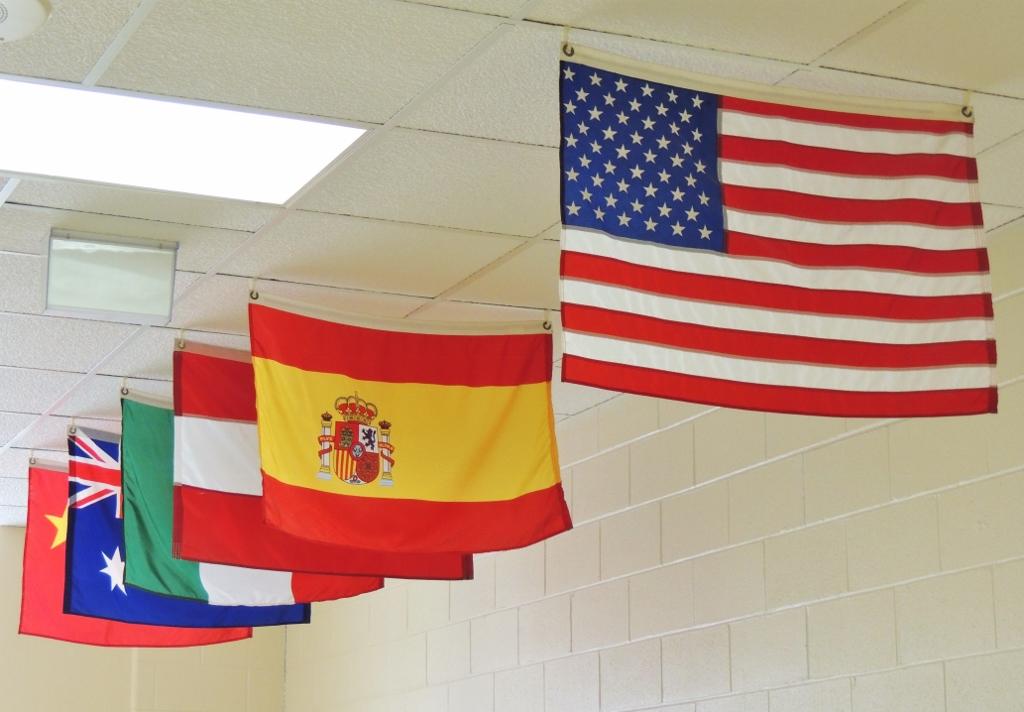Central’s Syrian-American population seeks involvement
As Taltal Mourad, junior and MSA co-president, sits at the computer to talk to his relatives in Syria, there is an underlying uneasiness. At any moment, their connection could be cut off.
“Sometimes the Internet is down, or it’s really slow, or they cut the electricity. So it’s really hard to communicate, but still manageable,” Mourad said.
For the past two and a half years, a civil war has been going on in Syria. For Syrian-Americans like Mourad, this has meant not only difficult communication with relatives, but also uneasiness over the state of Syria.
“I’m not going to pretend that once the war stops everything will be wonderful and happy. Politically speaking their isn’t any steady plan for after the war, and most likely things will get a lot worse before they get better,” said Dania Noghnogh, senior and Syrian-American.
During these two and a half years of conflict, Syria has been in and out of news. However, on August 21, reports of a chemical weapon attack brought Syria back to the forefront of the news, as the United States is now be considering military intervention in Syria.
“In beginning of the revolution I was completely against any involvement in Syria, and a lot of other people had that viewpoint too. We didn’t want the United States in our business. We didn’t want the United States controlling us whatsoever. But it has come to a point were there is such a lack of humanitarian aid, such a lack of international pressure, that we need military intervention,” Noghnogh said.
“So far over 150,000 people have been killed and Bashar isn’t going to stop killing any time soon. I think the only way to end this war is to severely damage Bashar’s assets such as missiles, and other weapons he is using against his people. This way the regime will be weakened and this will hopefully lead to its downfall,” said Dana Zakieh, senior and MSA co-president.
Humanitarian need is not the only reason these students support intervention in Syria though. They also believe that it is in the best interest of the United States.
“The goal of Assad is if he falls, Iran will come in and instill a puppet government. That would put Iran in close proximity with our allies Israel and Jordan. That would not the best situation for us,” Noghnogh said.
“If the United States goes in and intervenes, they can create more allies,” Mourad said.
Neverless, Syrian-American students understand why Americans are hesitant to put lives and resources into Syria.
“I’m on both sides, so I know what the Syrians want and what the Americans want. I know that Americans don’t want what happened in Iraq to happen in Syria,” Mourad said.
“I feel for the families who would have to send off their loved ones to risk their lives, but I also believe that this country was founded upon principles such as justice, freedom and liberty. Getting involved would be upholding our principles,” Zakieh said.











